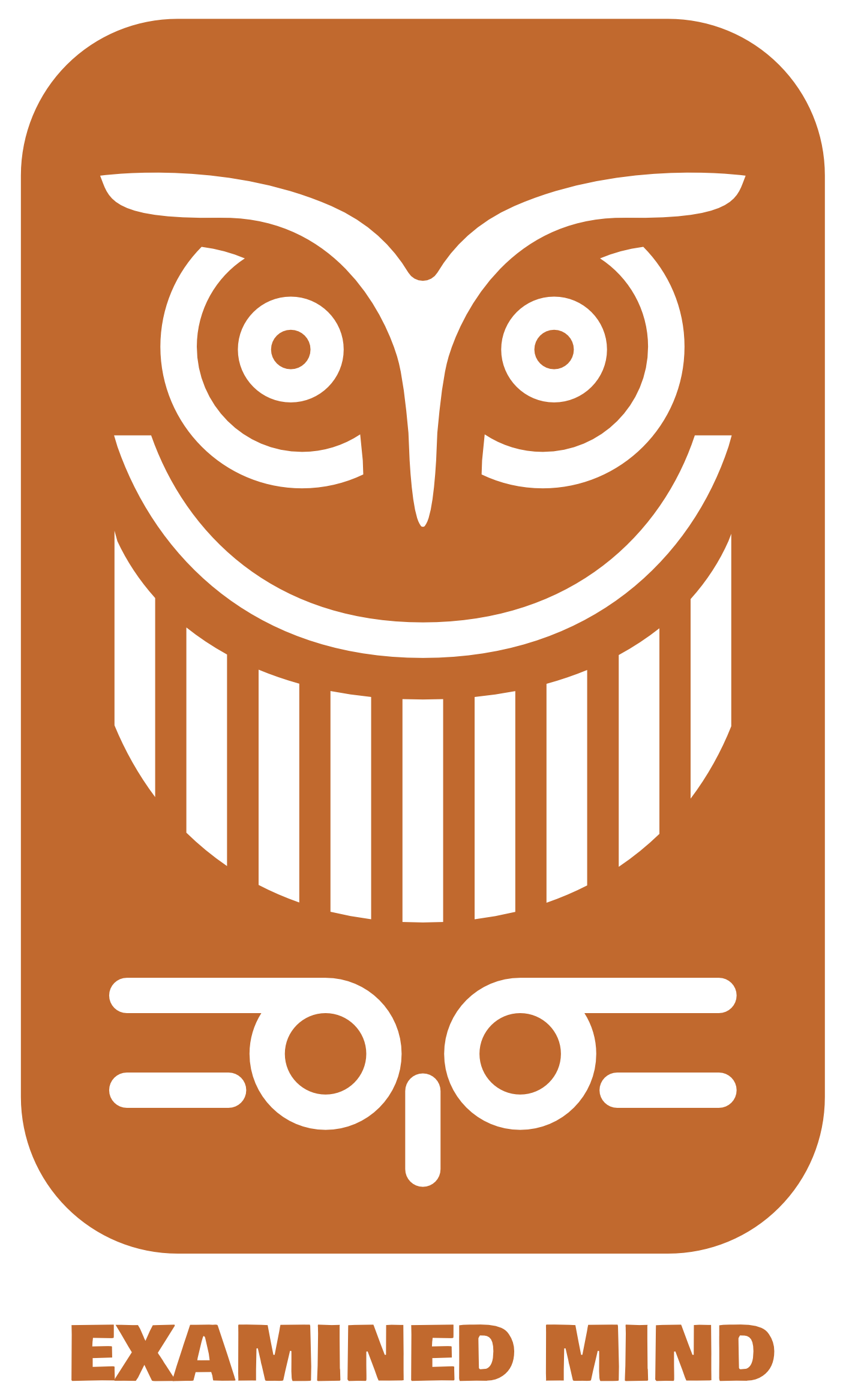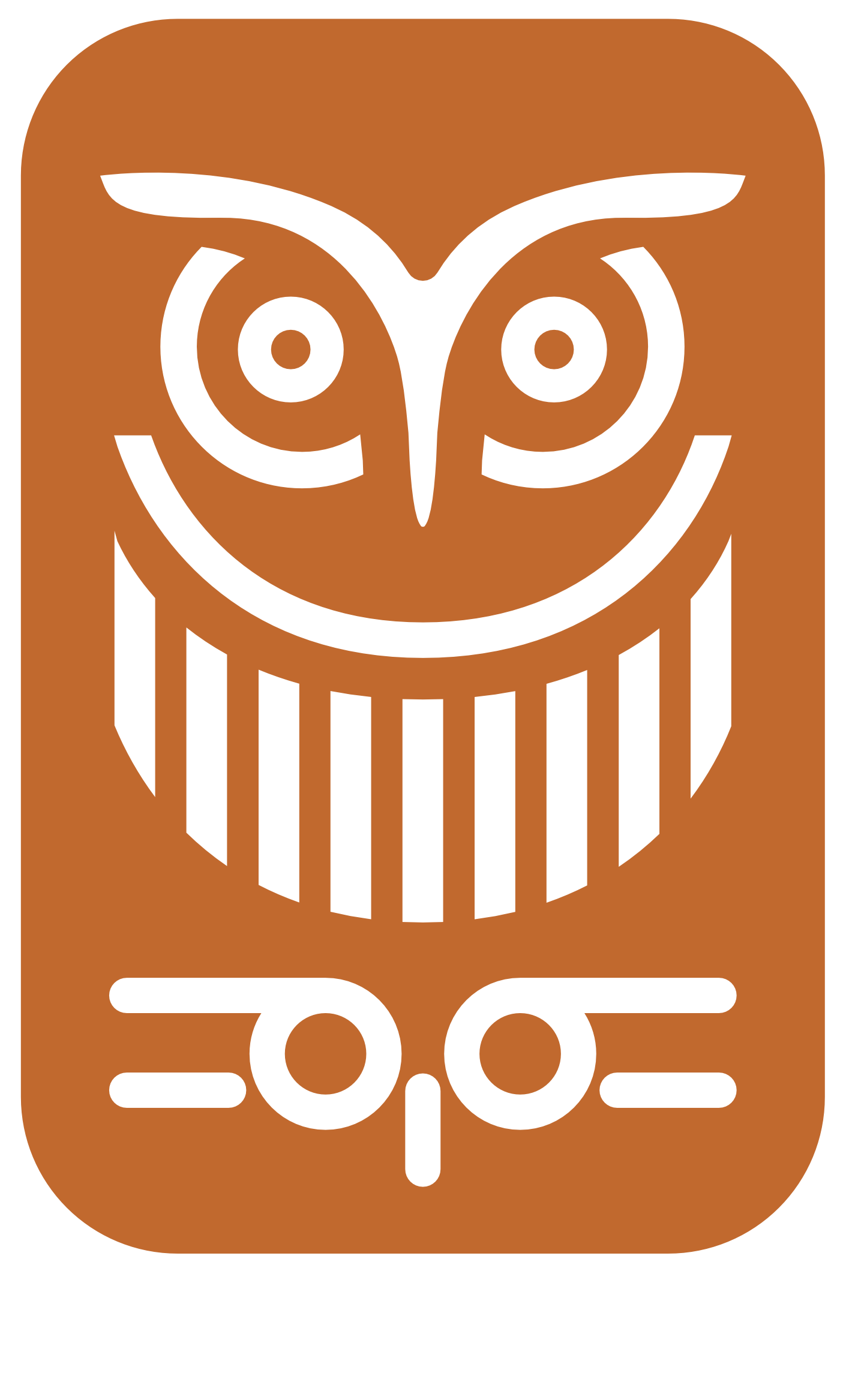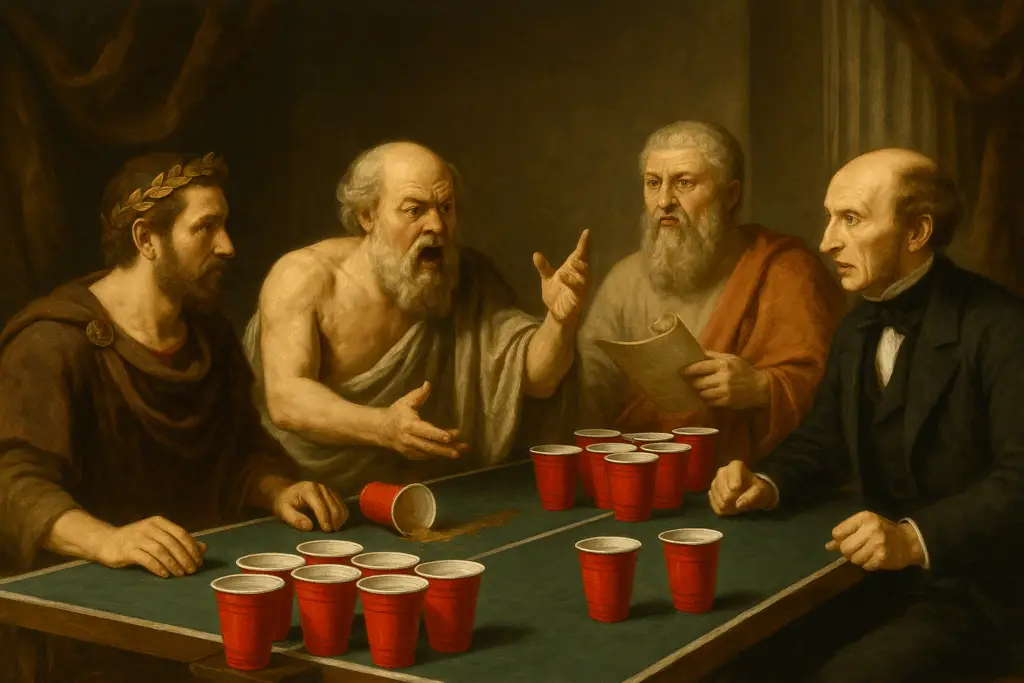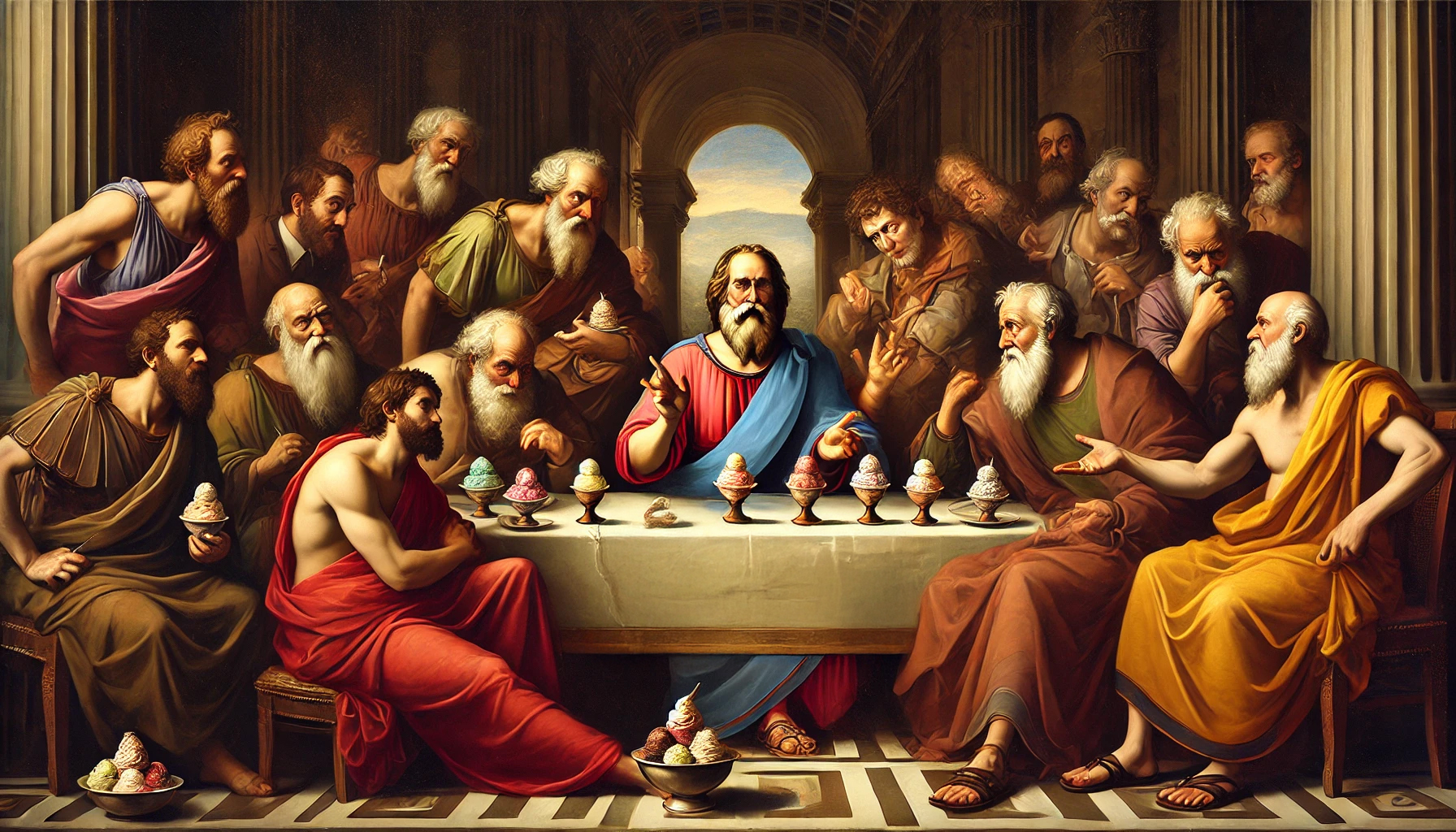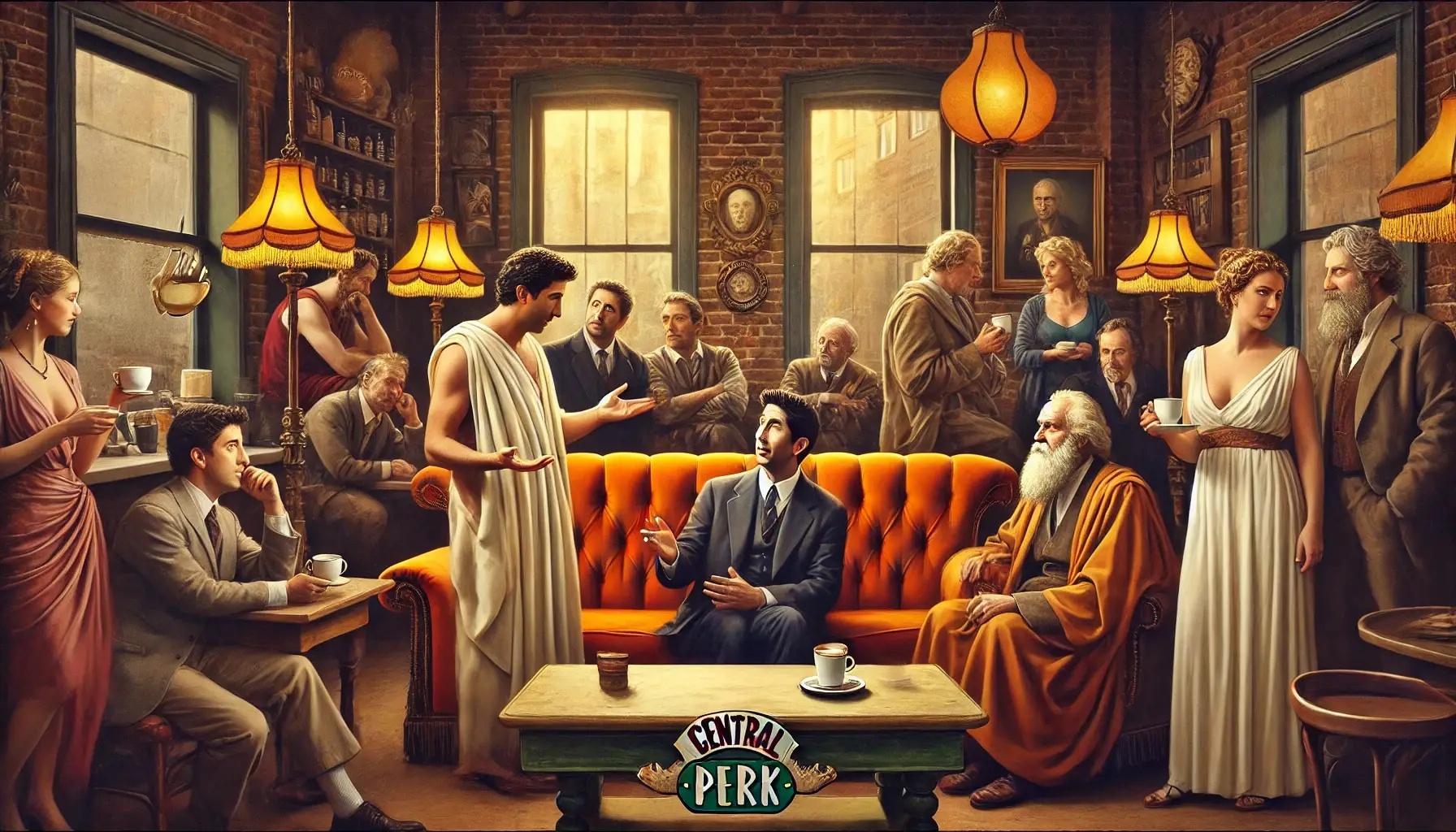Now Reading: Thinking on Your Feet: How Walking Made Me a Philosopher
1
-
01
Thinking on Your Feet: How Walking Made Me a Philosopher
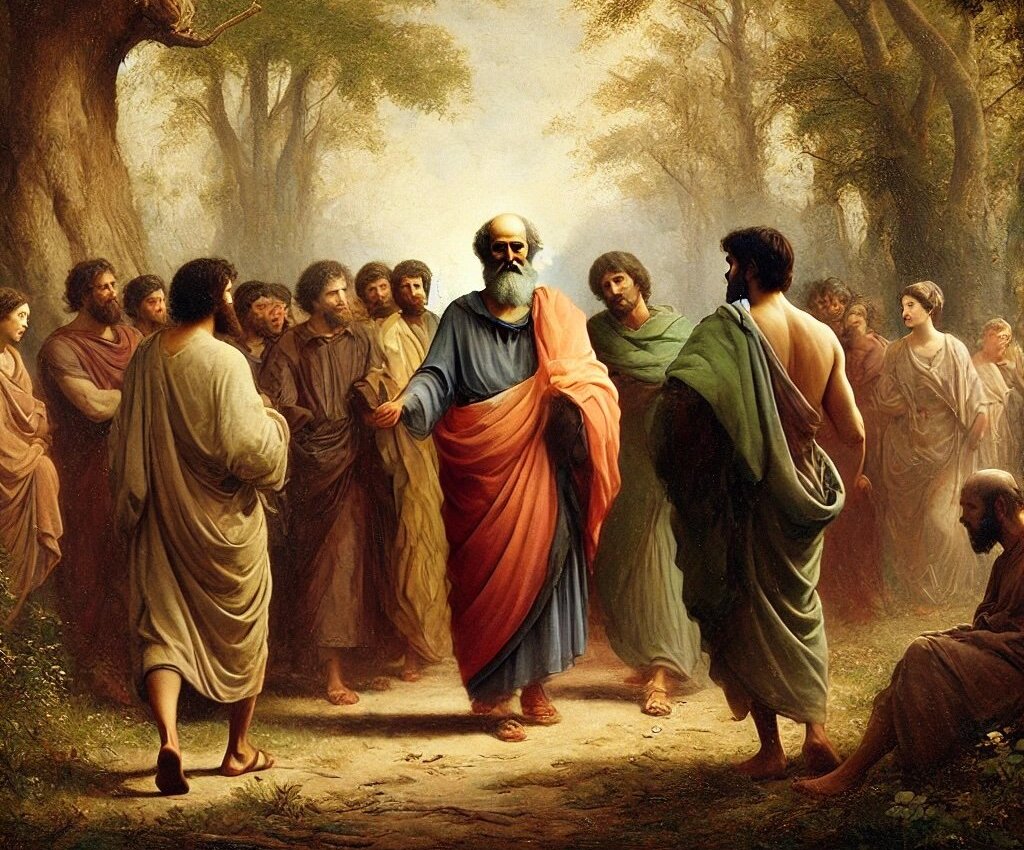
Thinking on Your Feet: How Walking Made Me a Philosopher
Previous Post
Next Post
Loading Next Post...
